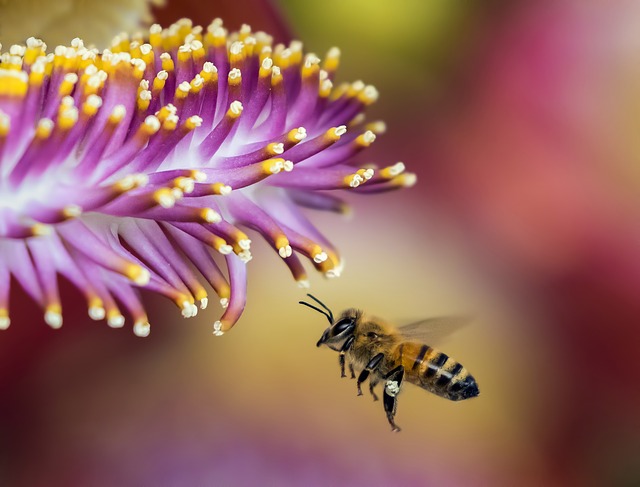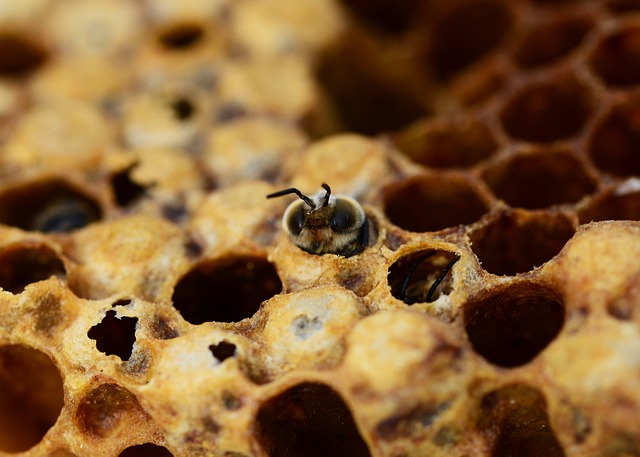The widespread fires plaguing the Amazon rainforest are certainly a global catastrophe, but they are not the only problem facing the local flora and fauna.
. The European Union has banned the use of neonicotinoids by the end of 2018, and the Czech Republic, Hungary, Romania, and Denmark oppose this proposal. However, according to a statement from the press office of the Ministry of Agriculture of the Czech Republic, they have taken a negative stance on the use of the mentioned pesticides and only requested an exemption from their use in sugar beet cultivation, since suitable alternatives are not yet available. 
Mass bee mortality is a major problem because bees are important in the pollination process in a healthy ecosystem. The sad fact is that this did not even need to happen.
The influx of new pesticides into Brazil, which is highly dependent on agriculture (about 18% of its GDP comes from the agricultural sector) and is the largest consumer of pesticides in the world, is to blame.
A recent report on food safety by Anvisa disclosed that 20% of the samples tested contained pesticide residues above the levels allowed by state regulations. At the same time, the investigation also revealed the presence of glyphosate, the best-selling pesticide in Brazil and already banned in many countries.
Upon exposure to neonicotinoids, bees lose their sense of direction and are usually unable to find their way back to the hive. At the same time, it has been observed that the number of queens in a population decreases, resulting in the decline of newly emerged bee colonies. Other studies have highlighted the increased susceptibility of bees to parasites such as nematodes that cause septicemia in the body and subsequently lead to death.
While the use of pesticides in agriculture is undoubtedly important, supporting and increasing crop production, it is inevitable to recognize the negative aspects of the chemicals used, which can be fatal not only to insects but also to human health.